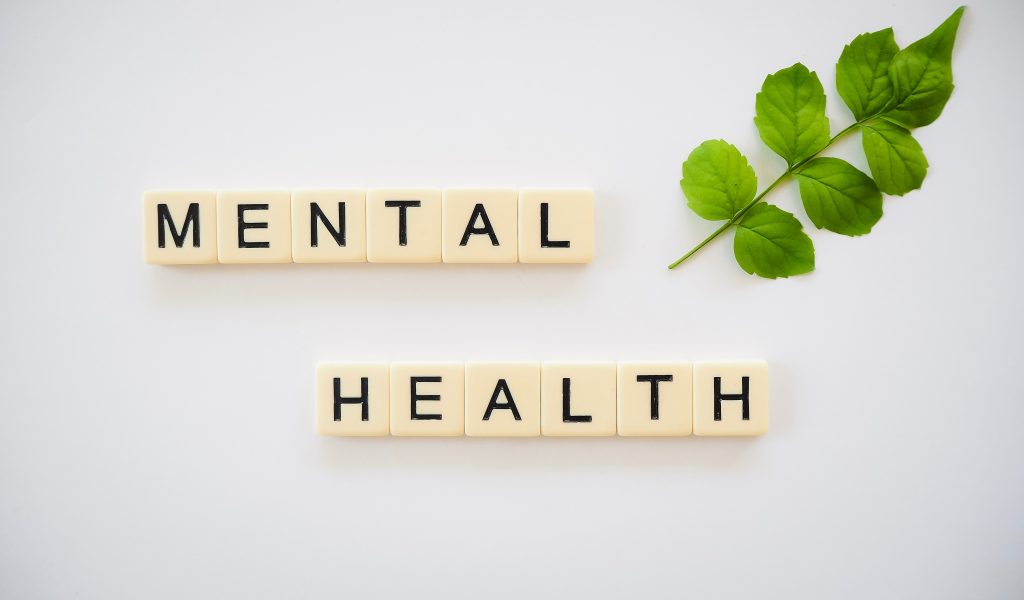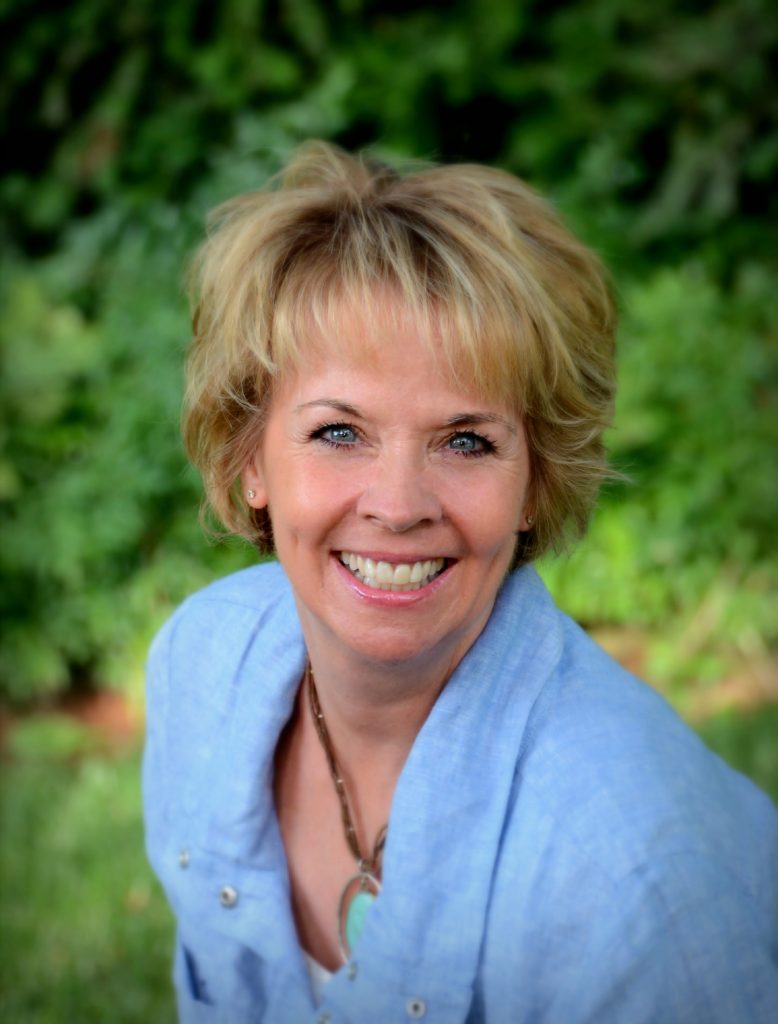
Mental Health Awareness began this month and the NamiWalk is fast approaching on Saturday, May 20.
This is my first of two installments in addressing the the concept of mental health recovery. According to NAMI over 65% of people living with chronic mental health conditions are in full or partial recovery. As people living with substance use disorders will tell you what you add to your life matters . Other chronic health conditions like diabetes, heart disease, autoimmune disorder have moved beyond the “medical model” of only taking medication to suppress symptoms. There is growing evidence that how you build a life, while managing symptoms, boosts your overall wellness.
mental health recovery looks different for everyone
I think we can increase the odds of flourishing with a mental health diagnosis, with lifestyle changes. The medical model is a place to start if you are a person who benefits from medication. Positive psychology shines a bright light on the quality of your life through mental health recovery. Living in mental health recovery is an evolving process of self discovery, learning what brings connection, purpose, and enjoyment to daily life. When we talk about mental health recovery as a community we directly tackle stigma, and provide hope. All recovery, including mental health recovery, begins with hope. Here are five elements of mental health recovery that you can begin applying to your wellness journey.
Mental Health Recovery “basics”
Build Support
Living with mental illness can be isolating. Build your team of positive people. Find a peer led group that has a mental health focus either locally or online. NAMI, Recovery, Inc, WRAP, are good places to start. Be selective in choosing your close friendships and establishing allies within your family who will support your self-directed recovery plan. You are not alone. Creating community will support your recovery goals.
Establish routines
Self-care is not a luxury, it is a necessity. Activities of daily life can be disrupted when you are symptomatic. Creating a system of self care that begins with the basics will help you get back on track.
Some people benefit from having a pet to assist routines. Pets can help to remind you to eat and rest. Whether you invest in a service animal or a rescue, pets help regulate routines naturally.What other routines help you to regulate mood and energy?
Develop interests
Hobbies can be solo or in the company of others. Remember mini courses or camps when you were younger? You can still sample things as an adult. Check local events for free or low cost workshops that can introduce you to something that sparks your curiosity.
Don’t forget exercise. There are movement activities for every body, at all levels of expense, and indoors or outside depending on your preference. If you don’t know which activity you like, then experiment. From roller blading to walking in the park or yoga online, let your personal preferences be your guide.
Express yourself
Creativity is a mood boost. Discover ways to express your thoughts through journaling, poetry, or singing and dancing to your favorite tunes in your kitchen. Be loud and proud. You may find your voice in advocacy for a cause, or in service to others. NamiVoice is a program that supports people living with chronic mental illness to formulate a narrative. Opportunities are provided to then share your story with others to inspire and increase awareness.
know yourself
Developing a recovery plan will assist you in self-monitoring. Your personalized plan is a rough “order of priorities” and is not meant to restrict or pressure you into a rut. However, if you notice that you are not feeling well, or if you note low energy a few days in a row, check back with your plan. Have some of your priorities been neglected? Are you burned out from some of your choices? Are some of your symptoms returning? Do you need more support? Your unique plan will evolve with your needs and interests, as they may change. Be flexible.
Wrapping Up Mental Health Awareness
This is the first of a two part series to increase awareness and build hope for mental health recovery. In part two I will share about a new level of support being planned for Oklahoma County. Stay tuned next month to hear more about an innovative addition to the mental health resources within our community.
Wishing you a mindset of curiosity and hope as you build a recovery plan for yourself, or assist a friend and/or loved one in creating a vision for mental health recovery.
Health & Wellness,
Dr. Lisa Marotta
P.S. Two excellent books that you might enjoy reading on this topic are:
How to Keep House while Drowning: A Gentle Approach to Cleaning by KC Davis
You Are Not Alone: The NAMI Guide to Navigating Mental Health by Ken Duckworth

